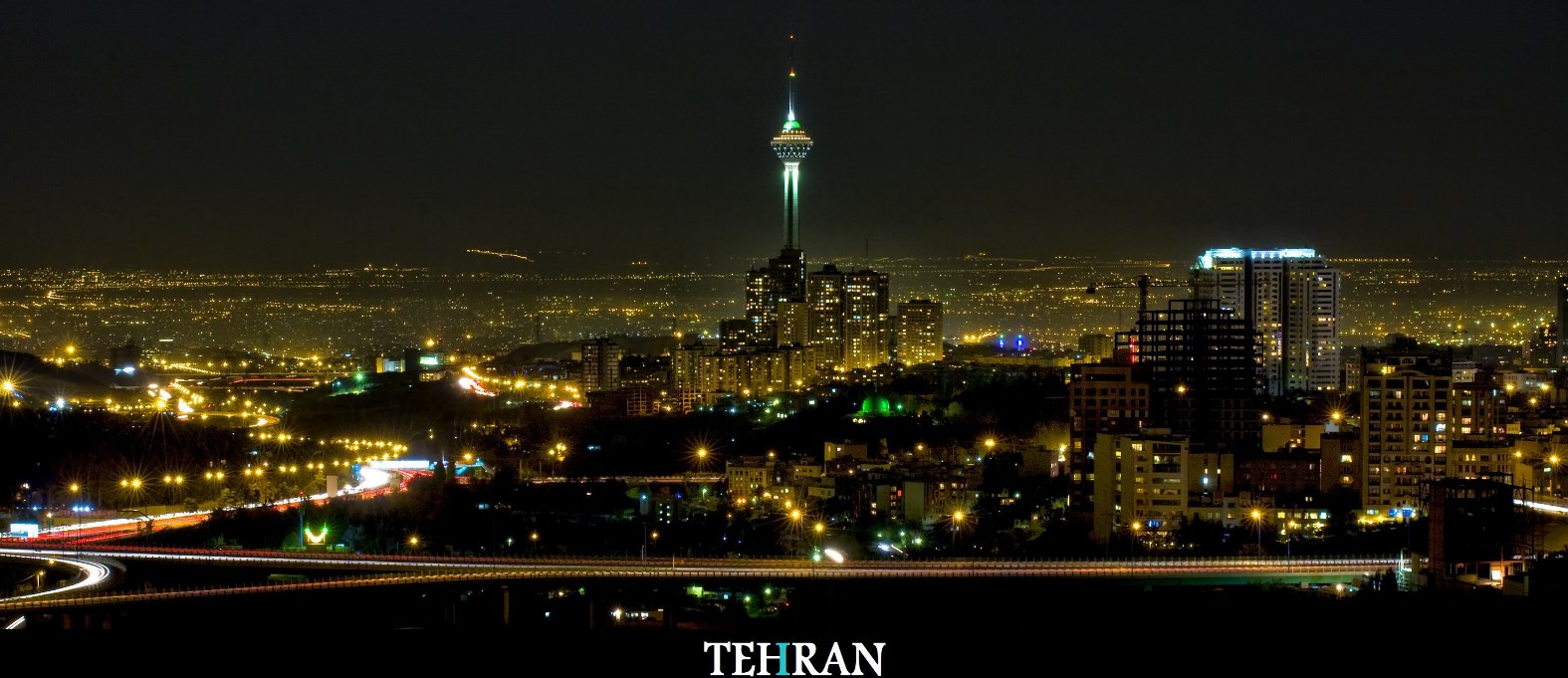
Iran is considering the US as a candidate for a deal to sell its excess store of heavy water or swap it for raw uranium, the head of the Atomic Energy Organization of Iran said.

‘We have produced over 160 tons of heavy water, out of which about 130 tons will remain stored for later use to operate the [Arak] reactor,’ Ali Akbar Salehi said in a recent interview with Al-Alam News Network.
Salehi said, ‘We have put the remaining 30 tons up for sale as agreed’ under the July 14 nuclear deal with major powers, which will place temporary constraints on Tehran’s nuclear program in exchange for sanctions relief.
The nuclear chief said Iran is ready to trade heavy water with any country, including the United States, for either cash or natural uranium, also known as yellowcake.
‘The US should be considered a potential customer because it is the world’s largest buyer of heavy water,’ he said.
However, Salehi noted that the US demand that the excess supply of heavy water be shipped out of the country prior to the implementation of the accord is beyond Iran’s commitments.
‘The sale of the heavy water supplies is not a precondition for the enforcement of the Joint Comprehensive Plan of Action [the formal title of the deal] and according to the action plan, it can be done after the deal’s implementation,’ he said.
‘The demand is out of the norm. There should not be any demand beyond the JCPOA.’
The pact bans any additional heavy water reactors or accumulation of heavy water in Iran for 15 years, requiring all excess heavy water to be ‘made available for export to the international market.’
The International Atomic Energy Agency’s board of governors formally announced the conclusion of its probe into Tehran’s nuclear past by adopting a resolution on Dec. 15, clearing the path for the JCPOA to take full effect after the IAEA verified temporary curbs on Iran’s nuclear work are in place.
According to Financial Tribune, the curbs include removing two-thirds of installed centrifuges at Fordo and Natanz nuclear facilities. Salehi said Iran will complete uninstalling centrifuges in a couple of weeks.
Of the total 19,000 centrifuges, 11,000 are inactive. About 3,000 active centrifuges need to go offline.
‘About 2,000 active centrifuges have been removed so far,’ he added.
